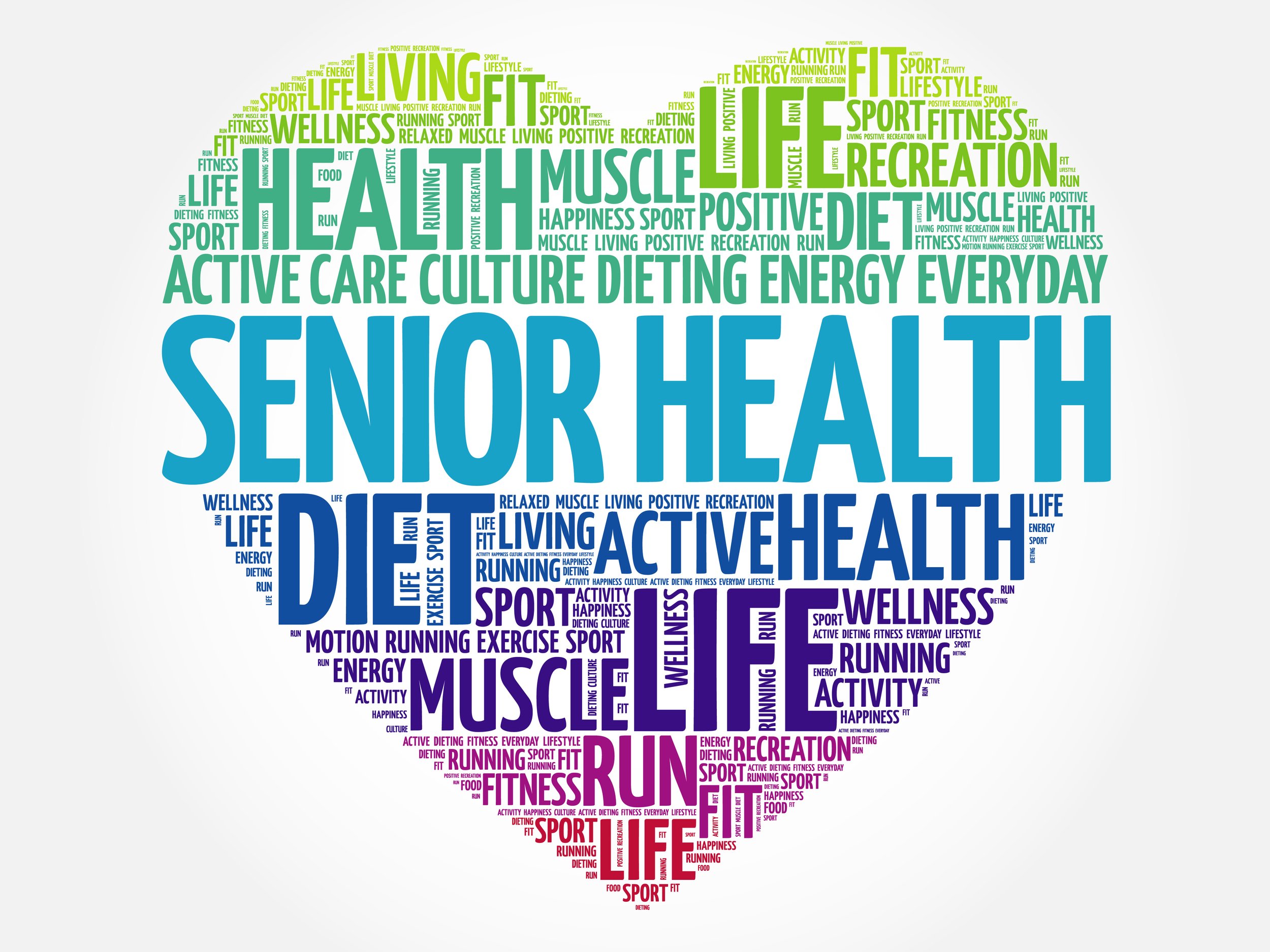The Truth About Aging; An Introduction
“Let me tell you something you already know. The world ain’t all sunshine and rainbows. It’s a very mean and nasty place and I don’t care how tough you are, It will beat you to your knees and keep you there permanently If you let it. You me or nobody is gonna hit as hard as life, but it ain’t about how hard you hit. It’s about how hard you can get hit and keep moving forward how much you can take and keep moving forward. That’s how winning is done “
—-Rocky Balboa, Rocky Balboa (2006.)
Why Some 40-Year-Olds Feel 60 (And How to Flip the Script)
Let’s talk about the elephant in the room. You’re in your 40s, 50s, or beyond, and suddenly… things just don’t work like they used to. That knee aches. You forget names. You need more coffee just to keep up. Meanwhile, your friend Gary from college is running half-marathons and looks a decade younger. What gives?
The truth? Aging isn’t just about time—it’s about wear, tear, and how you fight back. Some people crumble by 60. Others stay strong, sharp, and energetic well into their 80s. The difference isn’t just luck. It’s what they know—and what they do.
Health Instrument here:
This series is your wake-up call. Much like our Seven Laws of Health, Prosperous-lifestyle is breaking down aging into six key stages :
1. Muscle: Why you’re losing strength faster than you think (and how to get it back).
2. Bones: The silent thief stealing your height and putting you at risk for fractures.
3. Brain:Memory slips, focus fades… unless you do “this”.
4. Energy & Heart: Why you’re always tired, and how to fix it before it’s too late.
5. Posture & Skin: The visible signs of aging (and how to slow them down).
6. Super-Agers & Future Tech: What we can learn from 80-year-olds who act 50.
7. The Big Picture: Pulling it all together so you can take control.
Here’s the hard truth: If you don’t act now, decline accelerates. By 60, you could be:
-Suffering from muscle and joint aches
-Forgetting things
- 20-30% weaker (making everyday tasks harder).
- Losing height (thanks to shrinking discs and bone loss).
-Struggling with energy (because your metabolism and heart aren’t what they were).
But here’s the Good news: It’s not too late. Science shows that even small changes in your 40s and 50s can dramatically slow aging down.
So there you have it. This is just an introduction. In upcoming posts, you get details one stage at a time as well as an understanding of how to pull it all together in post number seven. This isn’t about chasing youth—it’s about staying strong, independent, and vibrant for decades to come.
First up: The Muscle Problem. Why you’re losing and what to do about it.

